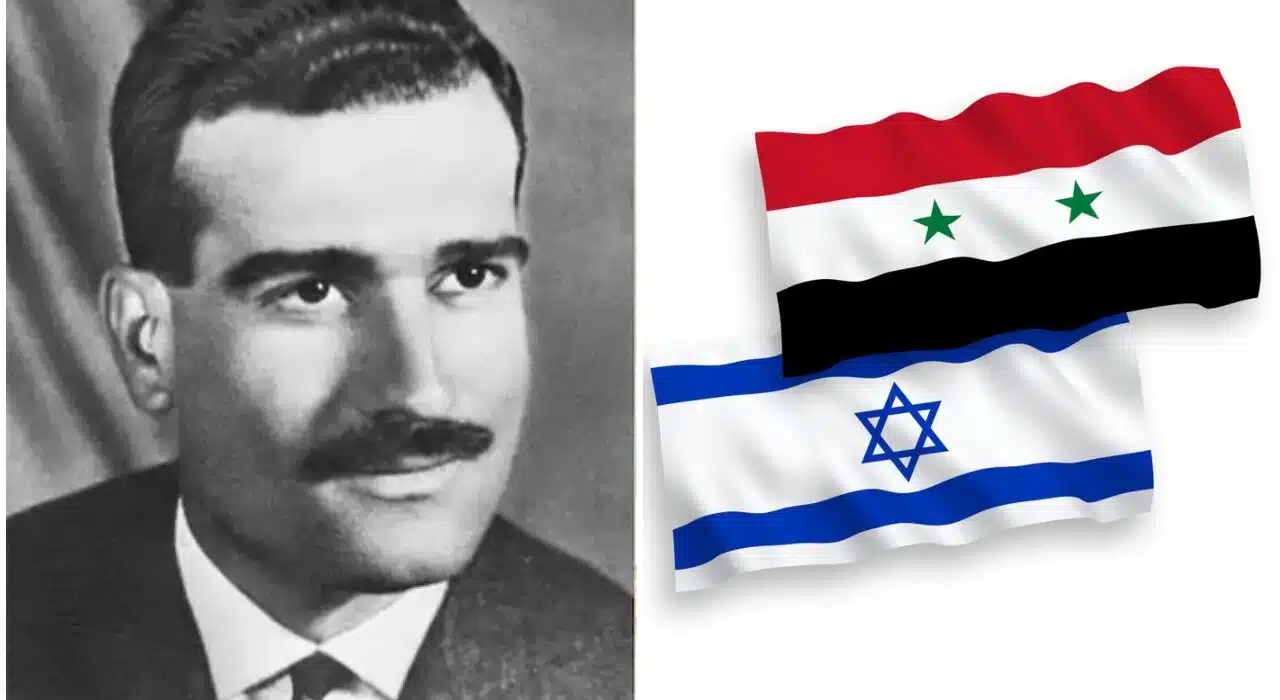A businessman named Kamel Amin Thaabet reached Damascus in 1962 and quickly mingled with the capital city’s elites and won over the confidence of the most important figures in the country. Within four years, in 1965, Kamel Thaabet was publicly hanged in the Marjeh Square of Damascus. Why? The answer lay behind the moniker: his name was really Eli Cohen, Israel’s most legendary spy, whose effort went to establish a fundamental definition of Israeli intelligence and military strategy.
Now, after decades, Israel is increasing efforts to recover Cohen’s body. Several attempts have been made, but his burial site remains unknown to this day. Syrian authorities have allegedly moved the body several times to avoid retrieval by Israel. Cohen’s story, which is one of courage, deception, and tragedy, has captured imaginations and influenced global espionage.
What Makes Eli Cohen the Legendary Israeli Spy?
Eli Cohen was born in 1924 in a Jewish family in a home located in Alexandria, Egypt. Upon the formation of the State of Israel in 1948, his family went there; Cohen stayed on for several years and, allegedly assisting underground operations facilitating Egyptian Jews who emigrated to the newly established nation.
In 1957, Cohen returned to Israel and joined his family. He was soon recruited into military intelligence. Cohen was identified as having exceptional linguistic skills in Arabic, Spanish, and French. Mossad chose him for an extraordinary mission. His cover? Kamel Amin Thaabet is a Syrian businessman with connections to Argentina.
The Infiltration of Syrian High Society
To create his cover, Cohen moved to Buenos Aires and became part of the Arab and Syrian expatriate communities. By 1962, he had moved to Damascus under this false identity. His charm and lavish lifestyle gave him access to Syria’s political and military elite. Lavish parties at his home became the setting for valuable intelligence gathering.
Of the most important things he provided were minute details about the Syrian fortifications in the Golan Heights, which Israel desperately needed to secure a decisive victory in the Six-Day War in 1967.
In 1965, Syrian intelligence, with the help of Soviet experts, finally intercepted Cohen’s secret radio messages to Israel. He was arrested and subsequently executed, while the international community pleaded for leniency on his behalf.
The Search for Closure
Since Cohen’s execution, Israel has requested that his remains be returned, which Syria has flatly refused to do. The reports claim his body was moved several times in an attempt to thwart the returns. In 2018, Mossad took his wristwatch from Syria; it was a symbolic victory but nowhere near the closure his family deserves.
Recent developments have sparked renewed hope. With parts of Syria under weakened control and Russian mediators facilitating talks, Israeli officials, including Mossad’s director, are engaging in negotiations with former Syrian officials.
Eli Cohen’s courage etched his name in Israeli intelligence and the Middle Eastern geopolitical history. The story of Cohen is not only about espionage but also about loyalty and sacrifice. Bringing home Cohen’s body for Israel is a matter of national honor.
